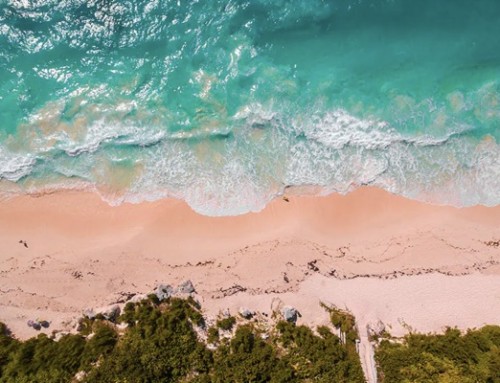If you’re thinking about working offshore, making an initial calculation on cost of living and budgeting is always fraught with difficulties given different people’s propensity to save or spend. We’ve therefore purposefully kept the following guidance broad in order to be as relevant and useful as possible. This guidance is aimed at a professional making a first move to Bermuda, the BVI or Cayman Islands, perhaps as a newly/recently qualified accountant.
Doing your research pays
Outside of tax, everyone’s biggest expense is rent. You need to bear in mind that rent can vary significantly – so don’t fall into the trap of taking the first place you see; shop around a bit and you’ll find you get a far cheaper, better deal than less proactive new starters.
From a practical point of view, it’s easiest to start your search for somewhere to live once you’re already on the Island: you get free accommodation for the first few weeks paid for by your employer, and word of mouth once there often proves to be the best way to find a good deal.
A great bit of money-saving advice, which is popular in particular for single people relocating, is to look to share a house rental with other expats. In so doing, you’ll get a bigger bang for your buck through the effective sharing of overheads. This means you’ll likely enjoy the benefits of a superior place to rent (for example, near the beach, main town or a property with a swimming pool) for a better price.
Let’s look at the main Islands in turn…
Bermuda
In Bermuda, on a gross salary of US$75,000 you can anticipate the following annual expenses: rent costs US$18K for a shared house, US$4K payroll tax, employee share of medical/life insurance at say US$3K, and government pension US$1.5K.
In broad terms using the above figures, this means your post-tax/rent net disposable income should be close to US$50,000.
The preceding excludes any account taken of bonus pay, overtime or other incentives.
Do note also that there is no VAT or sales tax in Bermuda.
Cayman Islands
On a similar salary in the Cayman Islands, you might budget US$18K rent, zero payroll or income tax, $3.75K (being 5% of salary, matched by your employer) government pension, and employee share of medical/life insurance at say US$3K. This nets to US$50,000 and excludes any account taken of bonus pay or overtime.
Do note that headline salaries do tend to be a shade lower than in Bermuda so the net positions end up being highly comparable (for example, a role paying US$70K in Bermuda may pay US$65K in Cayman; however there is no payroll tax).
Like Bermuda, there is no sales tax.
![]() Get Your Copy | Cayman Islands Salary Survey 2020
Get Your Copy | Cayman Islands Salary Survey 2020
British Virgin Islands
Both cost of living and salaries tend to be lower in the BVI than in Cayman or Bermuda. That said, in our example of a US$75,000 salary, you might budget for the following deductions: US$15K rent, payroll tax $5.25K (calculated at 8% after the US$10K tax-free allowance), there may also be an employee share of medical or pension benefits to factor in (these can be zero and vary significantly by employer).
There is no sales tax in the BVI.
See also: Earn a Better Salary in Tax-free Bermuda & Cayman Islands
We invite qualified lawyers and accountants who are interested in working offshore to visit our jobs portal.





![Enjoy All Your Bermuda Days [Video]](https://www.hamilton-recruitment.com/wp-content/uploads/2022/06/Parade-700x400-1-500x383.jpg)
![Bermuda Careers for Actuaries [Video]](https://www.hamilton-recruitment.com/wp-content/uploads/2022/03/Video-Actuaries-700x400-1-500x383.jpg)
Leave A Comment
You must be logged in to post a comment.